Learn to Sleep Like a Baby- The Importance of Sleep (Part 2)
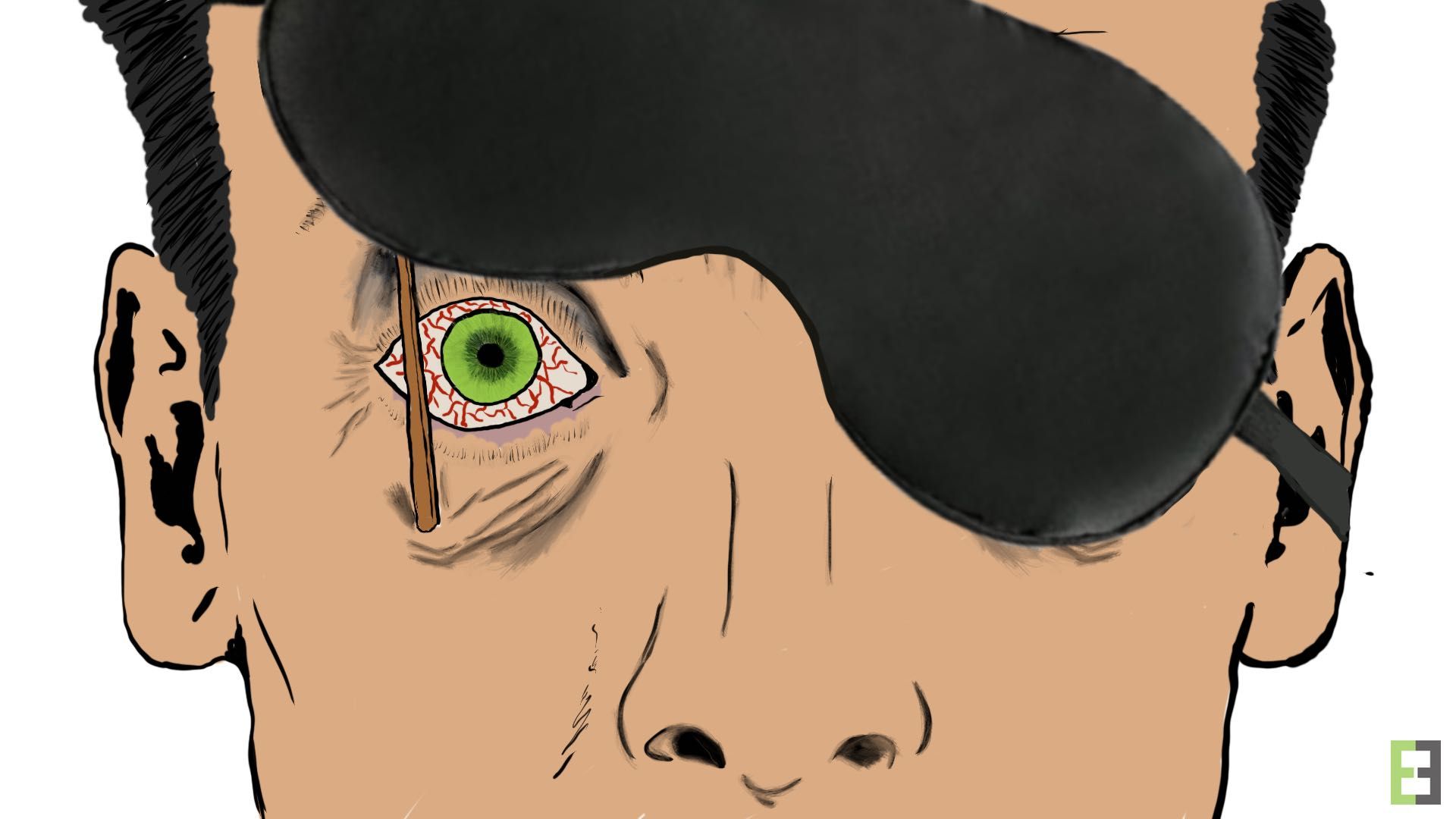
During this concluding section on sleep, we will look at five everyday lifestyle habits which adversely affect the quality and duration of our sleep. I will also suggest practical ways to help eliminate or balance out these disturbances.
#1 Light exposure:
Thomas Edison was undeniably a genius in his own right. It's clear to me however that he probably knew very little about sleep and its importance.
Researchers at Harvard, for example, found that blue light, emitted by T.V. screens, mobile phones, computer monitors and most light bulbs, mimic the light emitted by the sun.
The artificial light enters the retina of the eye and signals the brain that it is day-time. Our poor brains don't know whether we should be sleeping or awake.
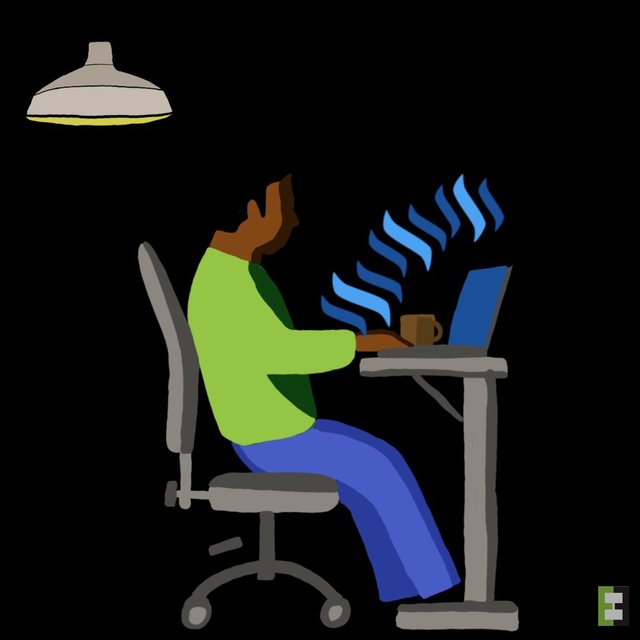
Sleep with an eye mask. This will block out any artificial light entering your room.
Once the sun sets, wear a pair of ‘blue blocker’ sunglasses, which are designed to block out all blue light, but still keep relative visibility. A pair can be easily purchased through Amazon or eBay for under 20 USD, or, 0,5 Steem, in the near future :)
Red light does not affect our circadian rhythm as blue light does. Swapping out a bedside lamp with a red bulb will maintain visibility while preventing insomnia. You can also buy ‘smart lights', which connect to a mobile app on your phone. You can manipulate the colors and brightness of these lights.
For those who spend time on mobile devices or computers at night, there are specific apps designed to block out blue light from your monitors. Windows, Mac, Linux and iOS users can download the ‘f.lux‘ app for this job. Alternatively, Android users can download the ‘Twilight‘ app from the Google play store.
#2 Excessive night time heating:
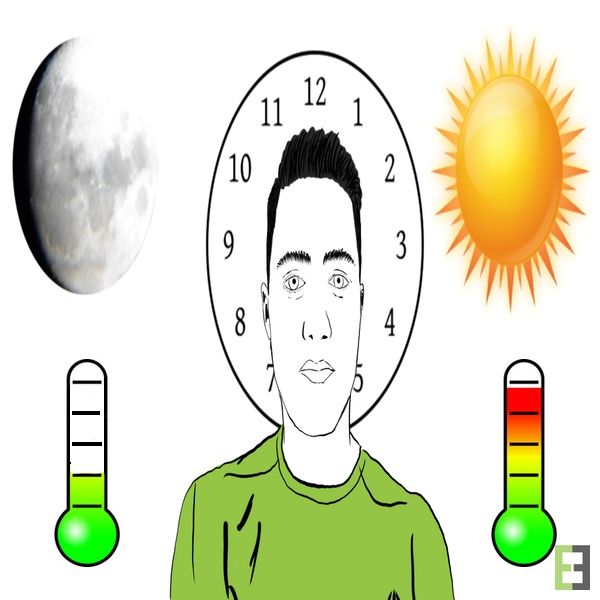
As the sun descends, the environment around us starts cooling down. The body registers the drop in temperature as 'night time'.
The use of electric blankets, gas heaters and hot water bottles may prevent ones body temperature to drop, the way it is supposed to.
Fix:
- Switch off all direct heating before bed in the winter months. Conversely, use an air-conditioner to cool the bedroom on hot summer nights.
#3 Sleep structure:
In ancient times, nature would cue us to sleep at sunset and awake at sunrise. This led to consistent sleep times. Nowadays, one tends to be more irregular with bed timing and total sleep duration, which may affect our natural circadian rhythm and hormone response.
Fix:
Try to keep sleep and wake times consistent. The recommended sleep durations for various age groups are presented on the right.
Every hour of sleep lost puts you in sleep debt. Making up that rest is essential. Short (30-60 minutes) daytime naps are an excellent way to do that.
Google Headquarters even have ‘sleep pods,’ available for staff, to make up sleep debt during office hours….
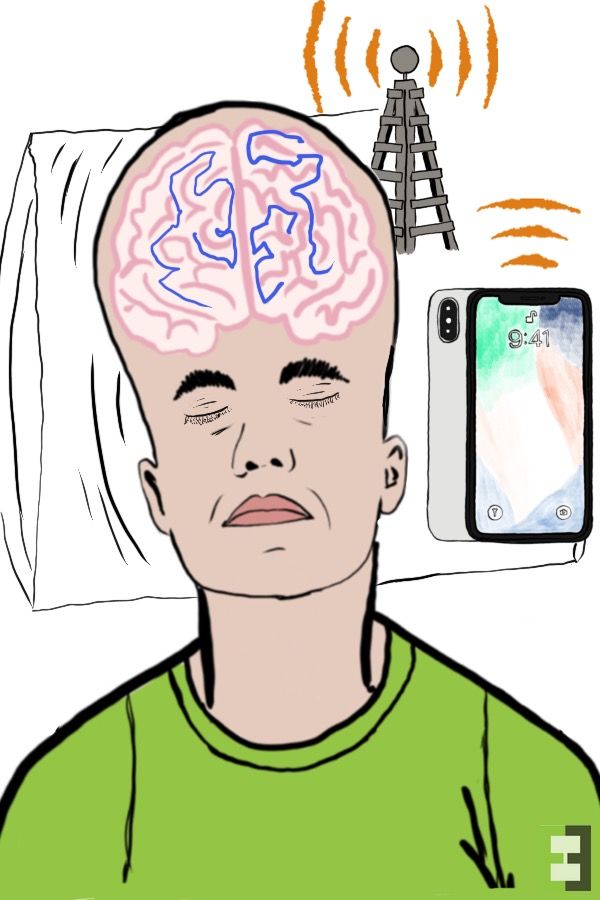
#4 Mobile networks:
During sleep, the brain consolidates all the memories and information from the day.
According to Tara Swart, a senior lecturer at MIT, who specializes in sleep and its effects on the brain; nighttime exposure to 3G and 4G signals, emitted from your smart devices, adversely affects neural patterns during sleep.
Fix:
- Switch mobile data and wi-fi off at night. Do not keep Wi-Fi routers near the bed.
#5 Stimulants:
Caffeine and nicotine are the two most used stimulants in the U.S.
These substances suppress adenosine, a hormone which builds up in your body throughout the day and is supposed to act as a natural sedative.
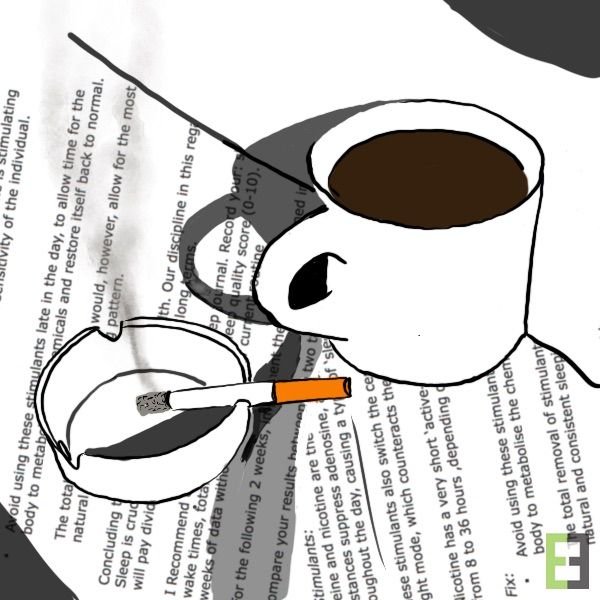
These stimulants also switch the central nervous system into flight or flight mode, which counteracts the mechanisms of sleep and relaxation.
Nicotine has a very short ‘active-life,’ whereas caffeine is stimulating from 8-36 hours, depending on the sensitivity of the individual.
Fix:
- Avoid using these stimulants late in the day, to allow time for the body to metabolize the chemicals and restore itself back to normal.
The total removal of stimulants would, however, allow for the most natural and consistent sleeping pattern.
Concluding thoughts:
Sleep is crucial for productivity and health. Our discipline in this regard will pay dividends in both the short and long terms.
I Recommend that everyone start a sleep journal. Record you're: sleep, wake times, total sleep duration and sleep quality score (0-10). Gather 2 weeks of data without changing your current routine
For the two weeks that follow, implement the five fixes mentioned in this post, and, record that data too.
Compare your results between the two trials. I am interested to hear what you find out, so, please stay in touch.
Follow @exercisinghealth
Bibliography:
[1]http://journals.plos.org/plosone/article?id=10.1371/journal.pone.0072832
[2]https://sleepfoundation.org/excessivesleepiness/content/how-much-sleep-do-we-really-need-0
[3] http://www.m.webmd.com/sleep-disorders/guide/sleep-101
[4] http://www.ndtv.com/world-news/napping-reverses-damages-caused-by-poor-sleep-study-738705
[5]http://www.sciencedirect.com/science/article/pii/S2352721815000157
[6]https://www.ncbi.nlm.nih.gov/books/NBK19956/
*All illustrations, except the one cited in the text, were created by @exercisinghealth
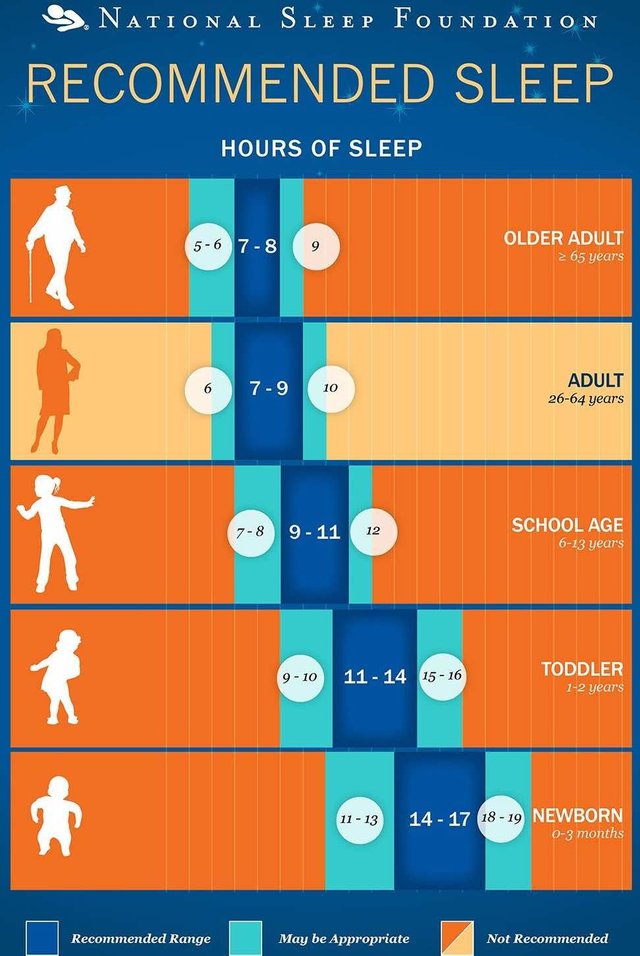
Your sleep series makes for wonderful education material! I wish this would be taught in highschool since sleep is such a central factor for our well-being. One third of our life we spend in the sleeping state, yet quite little educative effort is made towards it.
I had stumbled upon all of these points during the past years. It is a bit weird, but in my previous apartment I had my Wifi router directly underneath the head of my bed. I had trouble falling asleep until I started switching off the Wifi overnight.
I still need to work on my 3G and blue light exposure though :-)
Sorry for the late reply. I was traveling.
Yeah, when you crunch the numbers it is mind-boggling to see how much of our lives we sleep away. We should all be master sleepers with all the practice. Ironically though, many of us struggle to sleep.
I am glad you liked the post. I do wish people could learn something from this series and better their quality of life with the information.
If you want to go down the 'sleep' rabbit hole and learn a ton more, please follow Dr. Parsley's blog and podcast. His resources are a real gold mine. http://www.docparsley.com
It's funny because coffee makes me sleepy!! Weird. Joy
Your ability to metabolise caffeine is dependent on your genetics. In some people it is active for days, while others break it down faster.
The most scientific approach is to record 2 weeks of data where you drink coffee before bed and then another 2 weeks where you remove coffee from your routine. Compare the results to see if there is a significant difference. Only, then, will you know, with certainty, if it affects you or not.
If you do the experiment, please let me know how it goes. I would be interested to hear about your results.
Nice post, thanks for the read
Thanks for reading!
i may not always sleep the appropriate hours but at least i don't drink coffee up late i don't smoke at all! that's something :p
We can’t get it all right. As long as most of the boxes are checked, and we are feeling good everyday then it’s a win in my book. Thanks for reading.
Excellent post @exercisinghealth
Upvoted and resteemed.
Thank you! I’m glad you enjoyed it.
Very informative post, thanks for it. I will do it tonight!
I’m so glad you enjoyed this read. Please keep in touch and let me know how things go with your sleep.
at times getting sleep could be a nightmare as a result of stress but application of this wonderful information could be a remedy
nice and informative post
do follow and upvote @oliverwilliams